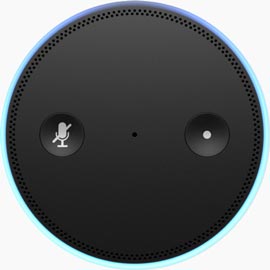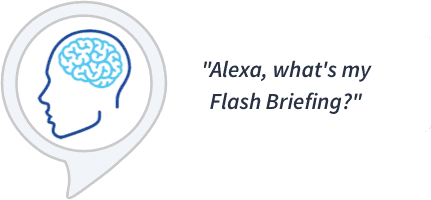
#28 - What tools do you need in your concussion care practice?
Concussion care and recovery require a multi-faceted approach. When you’re considering the tools you want to include in your comprehensive clinical evaluation, it’s important to keep in mind scientific basis (or the research surrounding the tool), FDA and regulatory clearances, and ease of use. Here are some of the tools you need to help your concussion medical practice succeed:
- Removal from Activity Screening Tools: Healthcare providers should use objective tools as well as a comprehensive exam to screen for concussions. ImPACT Quick Test is a screening tool that helps with removal from activity decisions and can be administered on an iPad immediately following a suspected injury at the competition site, workplace, or point of care.
- Computerized Neurocognitive Testing: Neurocognitive testing offers an objective measure to track neurocognitive functioning. ImPACT and ImPACT Pediatric are cognitive tests that help healthcare providers assess concussions and make important care decisions.
- Vestibular/Ocular Screening: Approximately 50% of post-concussion patients report vestibular symptoms. Vestibular Ocular Motor Screening Exam (VOMS) is a free, simple assessment that may help dictate treatment plans. The VOMS is included with ImPACT Quick Test.
- Balance Screening: Balance can be an important measure of post-concussion status, especially shortly after an injury. The Balance Error Scoring System (BESS) is a straightforward test that requires only a stopwatch, a balance pad, and an assistant to act as a spotter. The BESS is included with ImPACT Quick Test.
The tools mentioned above are in addition to a medical exam and a symptom check. And of course, post-injury assessments should always be administered by a trained healthcare provider. Check out our Concussion Care 101 Guide for more information on setting up your concussion care medical practice.
OTHER FLASH BRIEFINGS YOU MIGHT FIND HELPFUL:

